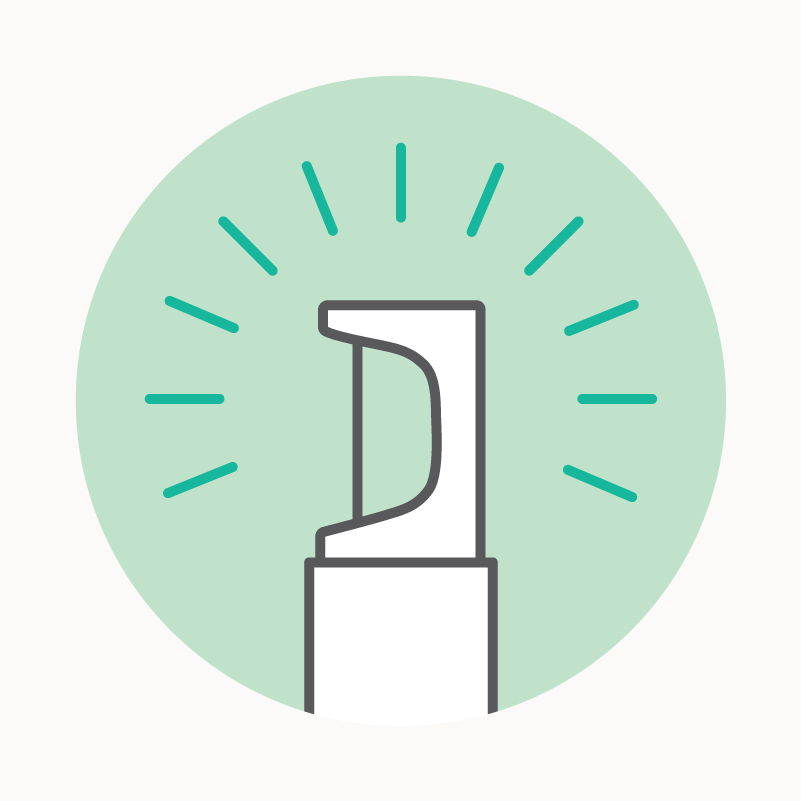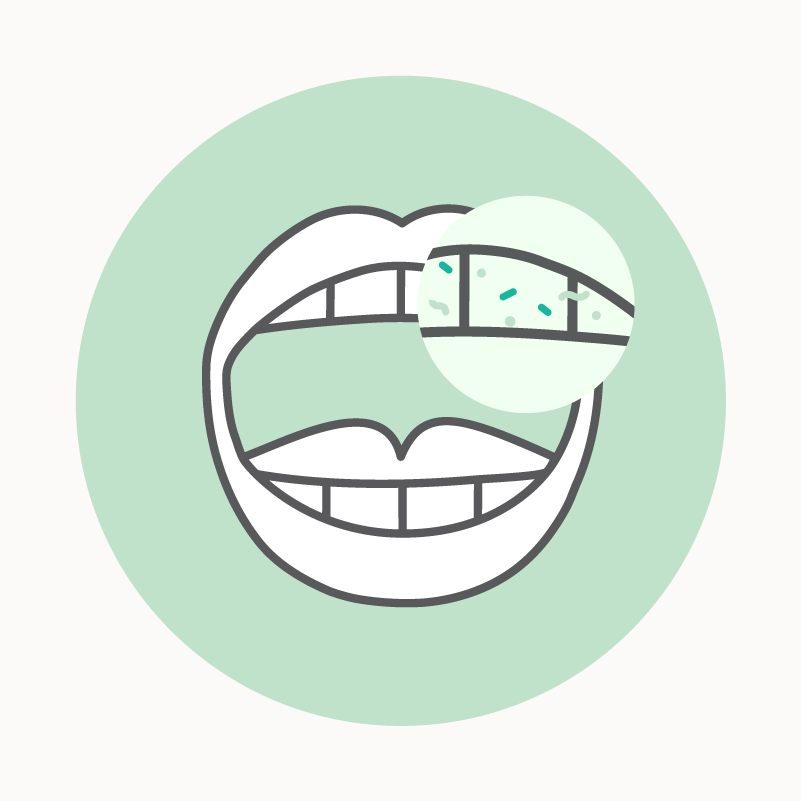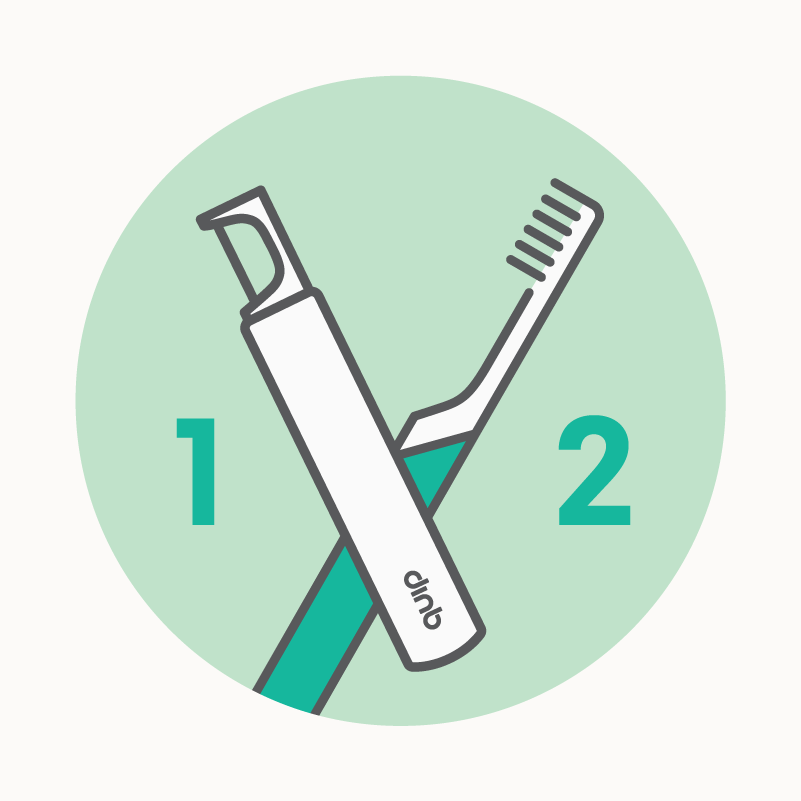Some Fun Floss Facts
Share
As you may already know, September is National Gum Care Month. As dental professionals, we all know how important flossing is for your gum health, but can you guess what percentage of patients actually floss daily? Or what floss was made of back in the day? Here are some fun floss facts you can share with your colleagues (or patients)!

Hiding in Plain Sight
Brushing alone only cleans about 60% of your teeth, so please do not forget to floss!

What is that in meters?
You should use 18" of string when you floss. If you used 18" of floss every day, in one year you’d use over 547ft of floss. That's about the size of the Washington Monument!

They used what now?
Per an ADA Survey, 61% of participants claimed to use fingernails to remove food from their teeth!

Billion? With a "B"?
There are an estimated 300 different species of bacteria living inside our mouth (totaling a billion or more at any given time) and brushing and flossing daily help keep these disease causing bacteria from reproducing in your mouth.

Thank goodness for nylon!
It’s widely accepted that horse hair was used as the first type of dental floss, as well as twigs for early toothpicks!

Never? Like never ever?
The ADA conducted a study finding that only 16% of people reported flossing at least once per day. 20% said they only floss when they need to or when something is stuck in their teeth; and 8% said they simply never floss at all!

Well, there you have it!
According to this research by the Journal of Periodontology, we should floss before brushing.
Sources
- https://www.webmd.com/oral-health/features/still-not-flossing-more-reasons-why-you-should#1
- https://www.mouthhealthy.org/en/az-topics/f/flossing-steps
- https://dentistry.uic.edu/patients/cavity-prevention-bacteria
- https://universityhealthnews.com/daily/eyes-ears-nose-throat/dental-floss-daily-do-you-or-dont-you/
- https://www.ada.org/en/publications/ada-news/2017-archive/october/new-survey-highlights-unusual-flossing-habits
- https://www.perio.org/consumer/brush-or-floss-first
